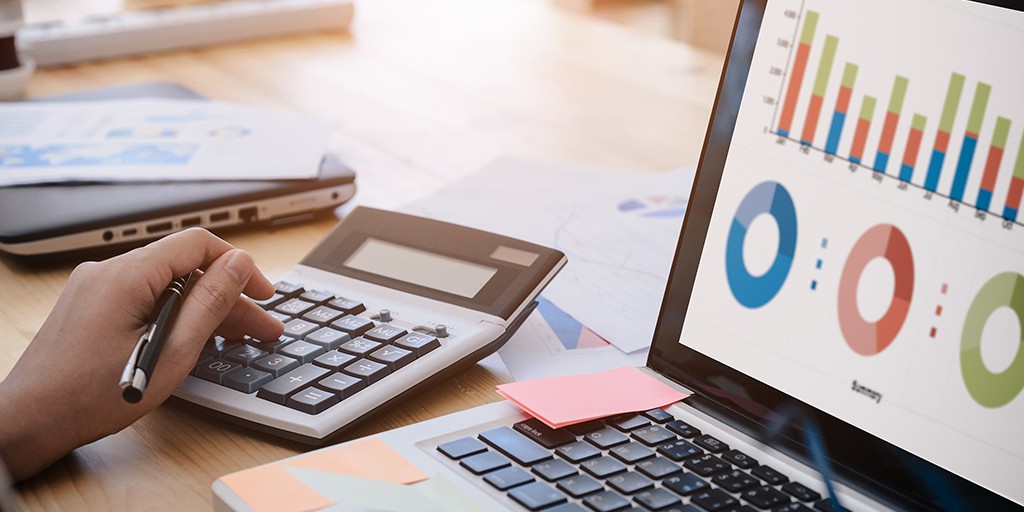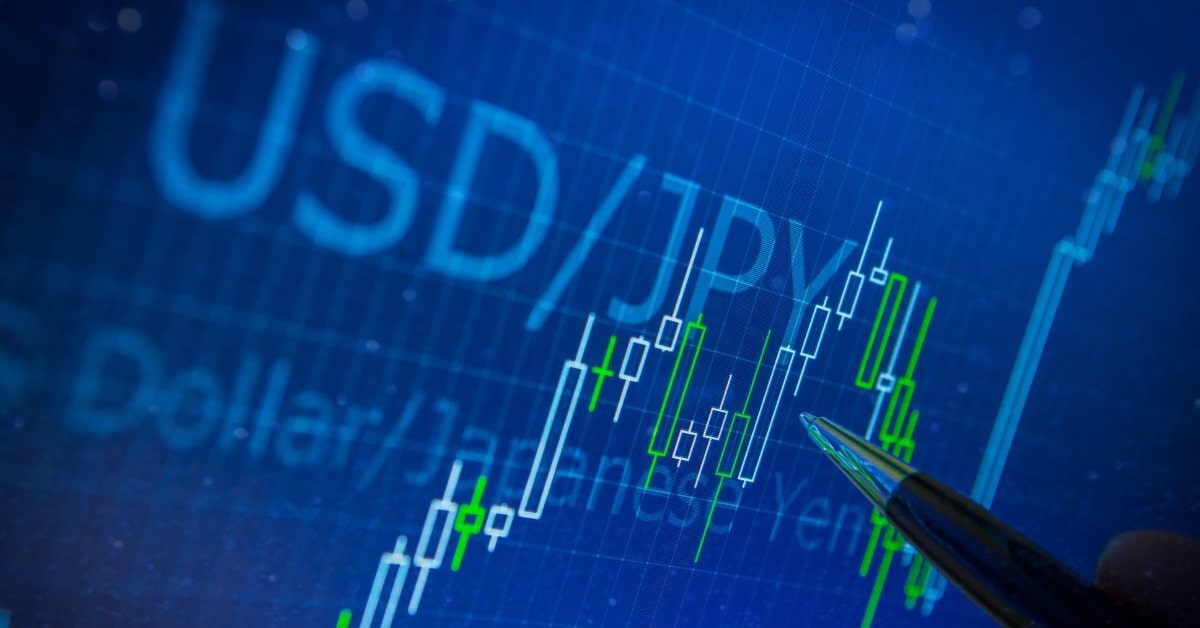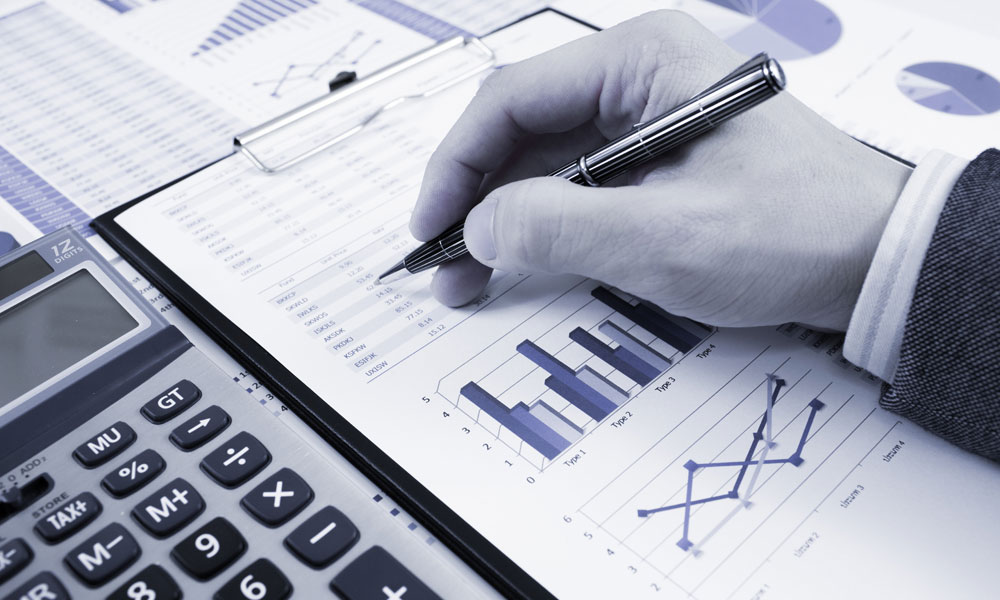Are you thinking about the future? Are you ready to get into futures trading? Futures trading can be a great way to take your portfolio to the next level and make some extra money, but you must know what you’re getting into before committing.
In this article, we’ll explore all of the key pros and cons of futures trading so that you can decide if it is right for you. So please grab a cup of coffee (or tea), and let’s jump in.
Overview of Futures Trading – What Is It and How Does It Work
Have you ever wanted to predict the future? Futures trading is the closest thing to it. Futures trading involves an agreement between two parties to buy or sell particular entities at a prearranged price and date in the future.
It’s a way for individuals or companies to hedge their bets or speculate on the future value of commodities like oil, corn, or gold. Imagine being able to lock in a price for a bushel of wheat months in advance or betting on the future price of silver.
It’s like playing the stock market with a twist – you’re betting on the future. It’s a complex world worth exploring if you’ve got a knack for predicting the future.
Advantages and Disadvantages of Futures Trading
With the ability to leverage your investment, futures trading offers higher returns than traditional stock or bond investing. Plus, you can trade on various commodities such as oil, gold, and even corn.
It offers flexibility and convenience – you can invest in various commodities from your home. However, with great potential rewards comes excellent risk – futures trading can be volatile and requires a lot of research and strategy. It can be complicated and unpredictable.
Thus, weighing the advantages and disadvantages before diving in is essential.
The Different Types of Futures Contracts Available
Regarding futures trading, you have various contracts available for your consideration. The most popular type is a spot contract when two parties agree to buy or sell an asset at the current market price.
You can also invest in forward contracts. A futures contract is an agreement to buy or sell an entity on a specific date at a predetermined price. Commodity futures contracts are another type of contract which involve buying or selling commodities such as oil, gold, or corn.
Lastly, options contracts allow you to buy the right to purchase an asset at a specific price for a fixed period.
Understanding Margin Requirements and Leverage in Futures Trading
Futures trading isn’t for the faint of heart – you’ll need to understand margin requirements and leverage to make money in the arena.
Margin is a loan from your broker, allowing you to control more contracts than you could with your money. Using leverage can increase potential returns and the risk of notable losses if the market moves against you.
Knowing your limitations and understanding how margin works before you start trading futures is essential.
Key Risk Management Strategies for Futures Trading
As with any investment, it’s essential to have a risk management strategy in place to protect your capital. Futures trading can be risky, so it’s essential to have a plan and stick with it.
Some key strategies include diversifying your portfolio across different asset classes and sectors, hedging your trades by taking opposing positions, and employing stop-loss orders to automatically close out a trade if it moves too far in the wrong direction. Monitoring margin requirements and leverage is also wise, as these can increase risk and returns.
Weighing the Pros and Cons – Is Futures Trading Right For You
No matter your investment goals, there are several reasons to consider futures trading. It offers flexibility and the potential for higher returns than traditional stock or bond investing.
However, it is risky and requires a good understanding of the markets, research, and strategy. Ultimately, it’s up to you to decide if futures trading.
It requires a lot of knowledge and understanding of the markets and essential strategies to manage risk. Weighing the pros and cons is important when deciding if futures trading suits you.
Learning the ins and outs of futures trading can be tricky, but with the proper insight and understanding, it can open up a wealth of trading opportunities.
Although futures trading does have its advantages, like the ability to diversify your portfolioand lower your risk, there are also drawbacks, such as potential risks that may result in losses. To make informed decisions regarding futures trading, it is essential to consider both the pros and cons that come along with it.











Comments